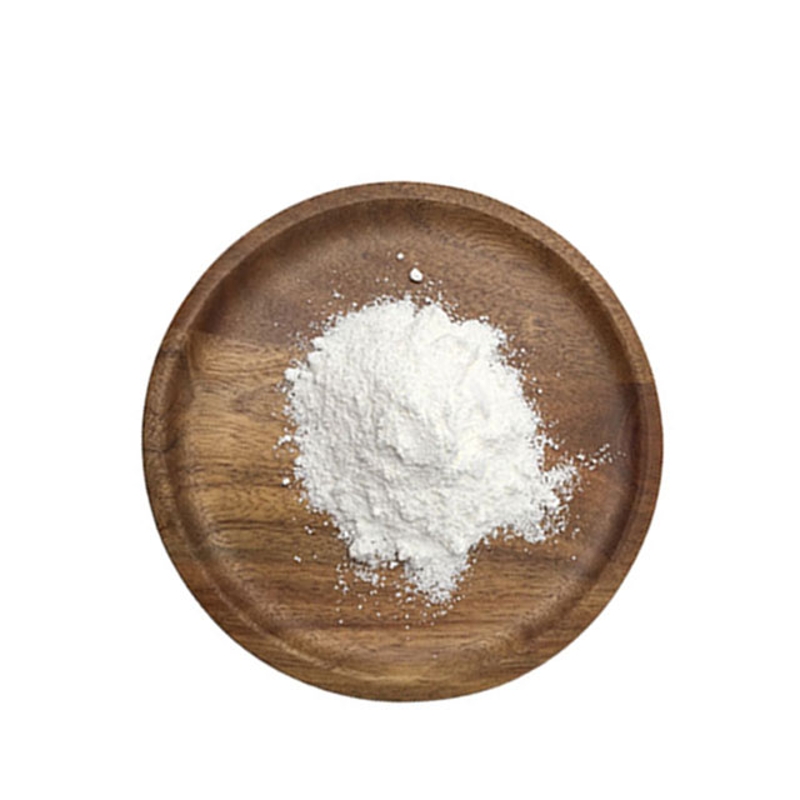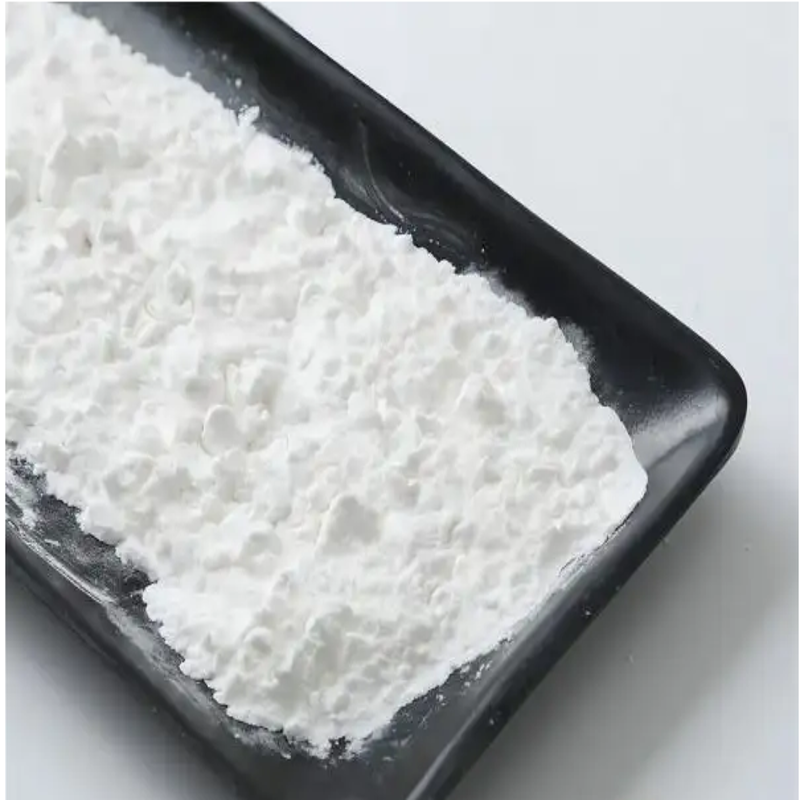-
Categories
-
Pharmaceutical Intermediates
-
Active Pharmaceutical Ingredients
-
Food Additives
- Industrial Coatings
- Agrochemicals
- Dyes and Pigments
- Surfactant
- Flavors and Fragrances
- Chemical Reagents
- Catalyst and Auxiliary
- Natural Products
- Inorganic Chemistry
-
Organic Chemistry
-
Biochemical Engineering
- Analytical Chemistry
- Cosmetic Ingredient
-
Pharmaceutical Intermediates
Promotion
ECHEMI Mall
Wholesale
Weekly Price
Exhibition
News
-
Trade Service
Prostatitis is an inflammation-related prostate disease
.
Prostatitis often causes painful or difficult urination, as well as pain in the groin, pelvic area, or genitals
.
Bacterial infections can cause prostatitis, but not all prostatitis is caused by bacterial infections
.
The prostate is about the size of a walnut and is located just below the bladder in men
.
The prostate and other gonads produce fluid that transports sperm during ejaculation
.
Types of prostatitis are generally divided into four types: acute bacterial prostatitis: bacterial infection of the prostate, usually accompanied by sudden, severe symptoms
.
Chronic bacterial prostatitis: persistent or recurrent bacterial infection, usually mild symptoms
.
Chronic prostatitis/chronic pelvic pain syndrome: persistent or recurrent pelvic pain and urinary tract symptoms without evidence of infection
.
Asymptomatic inflammatory prostatitis
.
Symptoms Signs and symptoms of prostatitis can vary by disease type
.
May include: Pain or burning sensation when urinating (dysuria) Difficulty urinating, such as hesitancy to urinate Penile or testicular pain or discomfort Ejaculation pain Fever, chills, muscle aches, and other flu-like symptoms (acute bacterial prostatitis) Causes vary by type of prostatitis Acute bacterial prostatitis: Usually caused by common bacteria
.
The infection may be spread from other parts of the urinary or reproductive system
.
Chronic bacterial prostatitis: Usually the same cause as acute bacterial infection
.
Chronic bacterial prostatitis can occur when an acute infection is not treated long enough or fails to kill all the bacteria
.
Chronic prostatitis/chronic pelvic pain syndrome: unknown
.
Studies have shown that a combination of factors may play a role, including previous infections, neurological dysfunction, immune system dysfunction, psychological stress, or irregular hormone levels
.
Asymptomatic inflammatory prostatitis: The cause is unclear and is usually only discovered when examining other conditions
.
Risk factors Risk factors for prostatitis include: Young or middle-aged history of prostatitis Urinary or reproductive infection HIV infection or AIDS (AIDS) use of urinary catheters Diagnostic sampling (biopsy) of prostate tissue Chronic prostate Other risk factors for prostatitis/chronic pelvic pain syndrome may include: Psychological stress Nerve damage in the pelvic area due to surgery or trauma Complications of acute or chronic prostatitis may include: Bacteremia Epididymitis Prostate abscess infection spread to upper Complications of chronic prostatitis in the pelvis or lower spine/chronic pelvic pain syndrome may include: anxiety or depression Sexual dysfunction, such as erectile dysfunction lead to prostate cancer
.
Researchers are exploring whether chronic prostatitis is a risk factor for cancer
.
Symptoms associated with a diagnosis of prostatitis can be caused by a variety of conditions
.
Diagnosis of bacterial infection Evaluation of the diagnosis of infection includes: digital rectal examination
.
Urine test
.
blood test
.
to test for infections and other prostate problems
.
Prostate specimen testing
.
In some cases, during a rectal exam, the prostate is gently massaged and fluid is released into the urethra
.
A urine sample (containing prostatic fluid) after massage is tested for bacteria
.
Other tests: If initial tests do not show infection, other tests will be done, including: urodynamic testing
.
imaging
.
Imaging tests are done to identify prostate irregularities, abnormal growths, or other problems in the pelvic area that may be causing pain
.
Treatment for prostatitis depends on the specific type and symptoms of prostatitis
.
Treatment of infections If acute or chronic bacterial prostatitis is diagnosed, antibiotics are required
.
Acute prostatitis requires short-term intravenous (IV) antibiotics in the hospital
.
Antibiotic treatment cycles are usually 4 to 6 weeks, although longer in some cases
.
Eliminate infections and reduce the risk of chronic bacterial prostatitis, requiring prescription medication
.
Treating Urinary Symptoms Alpha-blockers help relax the muscles in the bladder neck and the muscle fibers at the junction of the prostate and bladder
.
This medication may relieve urinary symptoms, such as painful urination or difficulty urinating
.
Alpha-blockers are commonly used in men with chronic prostatitis/chronic pelvic pain syndrome, but are sometimes used to relieve urinary symptoms caused by bacterial infections
.
Your pain doctor may prescribe pain relievers or recommend over-the-counter medications, such as acetaminophen or ibuprofen
.
Managing psychological symptoms Psychotherapy can help relieve stress, depression, or anxiety associated with chronic pain
.
Life>
.
Limit or avoid alcohol, caffeine, and spicy or acidic foods as these can irritate the bladder
.
Drink plenty of water
.
Urinate more to help the bladder flush out bacteria
.
Reference source: mayoclinic
.
Prostatitis often causes painful or difficult urination, as well as pain in the groin, pelvic area, or genitals
.
Bacterial infections can cause prostatitis, but not all prostatitis is caused by bacterial infections
.
The prostate is about the size of a walnut and is located just below the bladder in men
.
The prostate and other gonads produce fluid that transports sperm during ejaculation
.
Types of prostatitis are generally divided into four types: acute bacterial prostatitis: bacterial infection of the prostate, usually accompanied by sudden, severe symptoms
.
Chronic bacterial prostatitis: persistent or recurrent bacterial infection, usually mild symptoms
.
Chronic prostatitis/chronic pelvic pain syndrome: persistent or recurrent pelvic pain and urinary tract symptoms without evidence of infection
.
Asymptomatic inflammatory prostatitis
.
Symptoms Signs and symptoms of prostatitis can vary by disease type
.
May include: Pain or burning sensation when urinating (dysuria) Difficulty urinating, such as hesitancy to urinate Penile or testicular pain or discomfort Ejaculation pain Fever, chills, muscle aches, and other flu-like symptoms (acute bacterial prostatitis) Causes vary by type of prostatitis Acute bacterial prostatitis: Usually caused by common bacteria
.
The infection may be spread from other parts of the urinary or reproductive system
.
Chronic bacterial prostatitis: Usually the same cause as acute bacterial infection
.
Chronic bacterial prostatitis can occur when an acute infection is not treated long enough or fails to kill all the bacteria
.
Chronic prostatitis/chronic pelvic pain syndrome: unknown
.
Studies have shown that a combination of factors may play a role, including previous infections, neurological dysfunction, immune system dysfunction, psychological stress, or irregular hormone levels
.
Asymptomatic inflammatory prostatitis: The cause is unclear and is usually only discovered when examining other conditions
.
Risk factors Risk factors for prostatitis include: Young or middle-aged history of prostatitis Urinary or reproductive infection HIV infection or AIDS (AIDS) use of urinary catheters Diagnostic sampling (biopsy) of prostate tissue Chronic prostate Other risk factors for prostatitis/chronic pelvic pain syndrome may include: Psychological stress Nerve damage in the pelvic area due to surgery or trauma Complications of acute or chronic prostatitis may include: Bacteremia Epididymitis Prostate abscess infection spread to upper Complications of chronic prostatitis in the pelvis or lower spine/chronic pelvic pain syndrome may include: anxiety or depression Sexual dysfunction, such as erectile dysfunction lead to prostate cancer
.
Researchers are exploring whether chronic prostatitis is a risk factor for cancer
.
Symptoms associated with a diagnosis of prostatitis can be caused by a variety of conditions
.
Diagnosis of bacterial infection Evaluation of the diagnosis of infection includes: digital rectal examination
.
Urine test
.
blood test
.
to test for infections and other prostate problems
.
Prostate specimen testing
.
In some cases, during a rectal exam, the prostate is gently massaged and fluid is released into the urethra
.
A urine sample (containing prostatic fluid) after massage is tested for bacteria
.
Other tests: If initial tests do not show infection, other tests will be done, including: urodynamic testing
.
imaging
.
Imaging tests are done to identify prostate irregularities, abnormal growths, or other problems in the pelvic area that may be causing pain
.
Treatment for prostatitis depends on the specific type and symptoms of prostatitis
.
Treatment of infections If acute or chronic bacterial prostatitis is diagnosed, antibiotics are required
.
Acute prostatitis requires short-term intravenous (IV) antibiotics in the hospital
.
Antibiotic treatment cycles are usually 4 to 6 weeks, although longer in some cases
.
Eliminate infections and reduce the risk of chronic bacterial prostatitis, requiring prescription medication
.
Treating Urinary Symptoms Alpha-blockers help relax the muscles in the bladder neck and the muscle fibers at the junction of the prostate and bladder
.
This medication may relieve urinary symptoms, such as painful urination or difficulty urinating
.
Alpha-blockers are commonly used in men with chronic prostatitis/chronic pelvic pain syndrome, but are sometimes used to relieve urinary symptoms caused by bacterial infections
.
Your pain doctor may prescribe pain relievers or recommend over-the-counter medications, such as acetaminophen or ibuprofen
.
Managing psychological symptoms Psychotherapy can help relieve stress, depression, or anxiety associated with chronic pain
.
Life>
.
Limit or avoid alcohol, caffeine, and spicy or acidic foods as these can irritate the bladder
.
Drink plenty of water
.
Urinate more to help the bladder flush out bacteria
.
Reference source: mayoclinic







